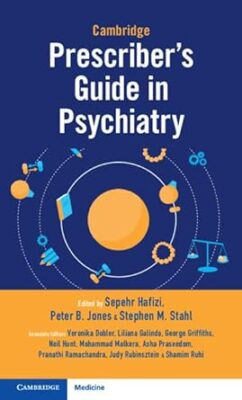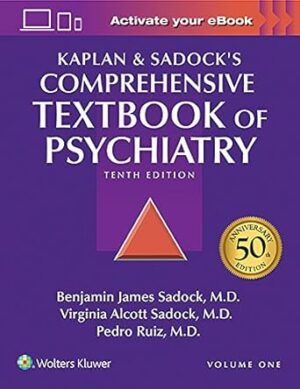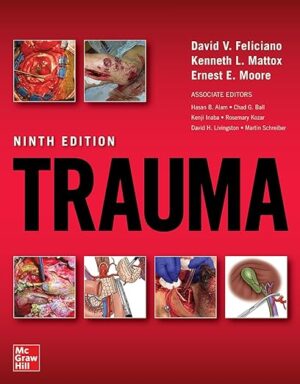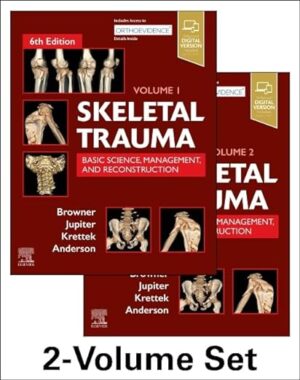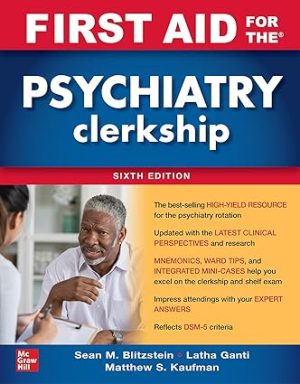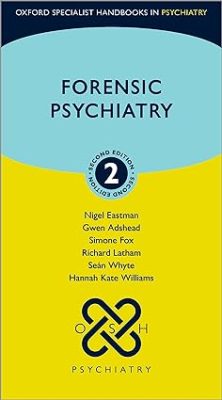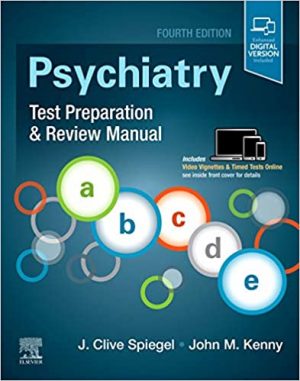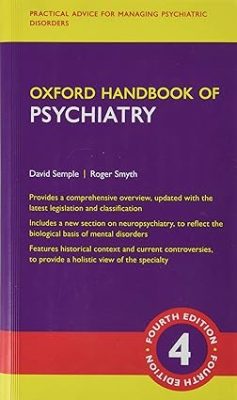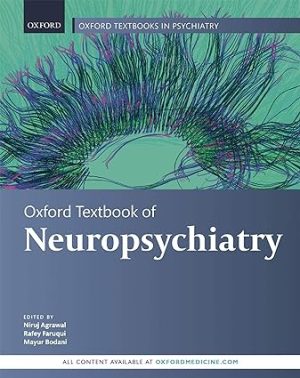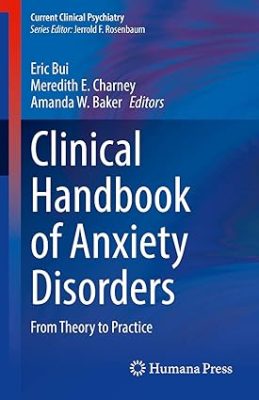Cambridge Prescriber’s Guide in Psychiatry 1st Edition
Based on the best-selling Stahl’s Prescriber’s Guide, this essential guide to psychiatric prescribing has been developed by leading psychiatrists and medical students from the University of Cambridge to support all mental health professionals in achieving optimal care for their patients. Written with the authority of evidence and the guidance of clinical wisdom the formulary covers the psychotropic medications used in daily care including dosing recommendations and drug interactions. With its easy-to-use, full-colour template-driven navigation system, the book combines evidence-based data with clinically informed advice, including guidance on prescribing for children and adolescents and people with addictions. Drugs are presented in the same format to facilitate rapid access to information and are broken down into sections designated by a unique colour background thereby clearly distinguishing information presented on therapeutics, side effects, dosing and use, and the art of psychopharmacology. Popular prescribing ‘tips and pearls are included throughout.

